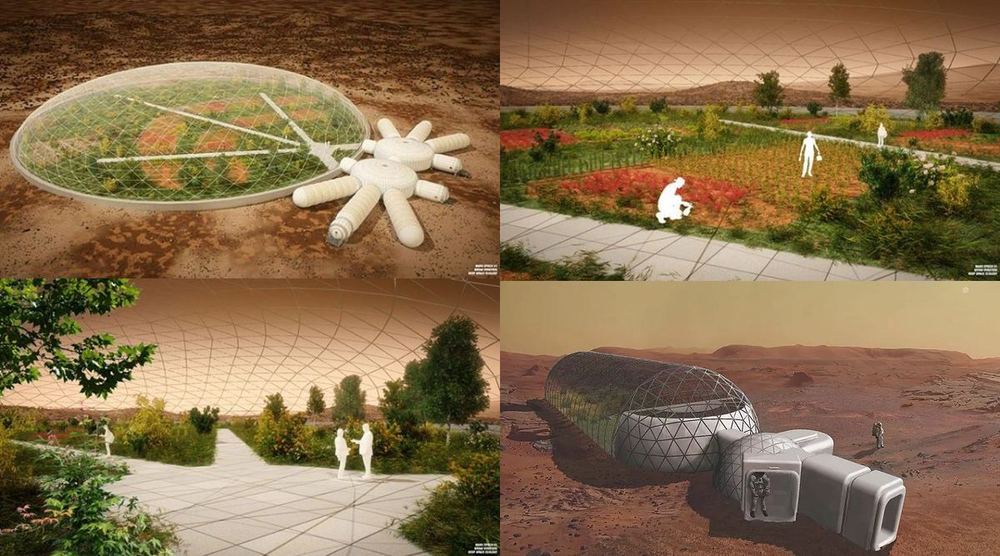Article from Universetoday. Interesting read.
When human beings start living in space for extended periods of time they will need to be as self-sufficient as possible. The same holds true for settlements built on the Moon, on Mars, and other bodies in the Solar System. To avoid being entirely dependent on resupply missions from Earth (which is costly and time-consuming) the inhabitants will need to harvest resources locally – aka. In-Situ Resource Utilization (ISRU).
This means they’ll have to procure their own sources of water, building materials, and grow their own food. While the ISS has allowed for all kinds of experiments involving hydroponics in space, little has been done to see how soil fares in microgravity (or lower gravity). To address this, Morgan Irons – Chief Science Officer of the Virginia-based startup Deep Space Ecology (DSE) – recently sent her #id=8305″] Soil Health in Space experiment to the ISS.
The experiment, Determination of Gravitational Effects on Soil Stability for Controlled Environment Agriculture, was sponsored through Morgan’s fellowship with the Norfolk Institute – which provided grant funding from numerous companies (including DSE). An agreement between Norfolk Institute and Rhodium Scientific, LLC (an official space-flight implementation partner of the ISS U.S. National Laboratory) provided access to the NASA launch opportunities and the ISS.









Comments are closed.